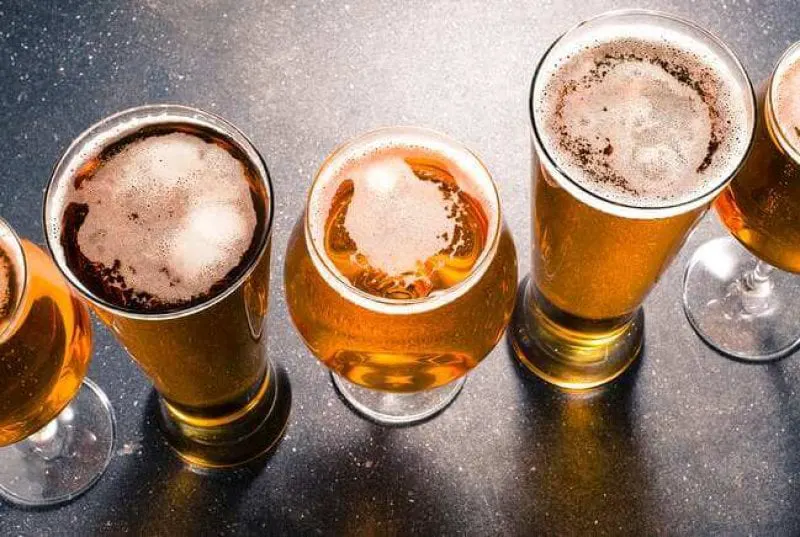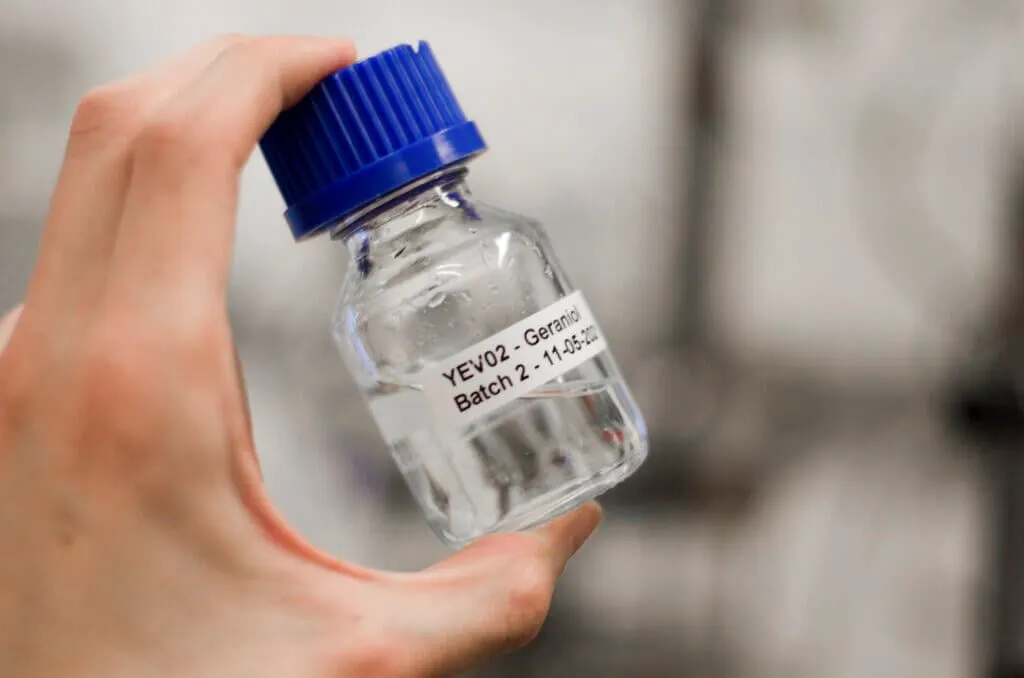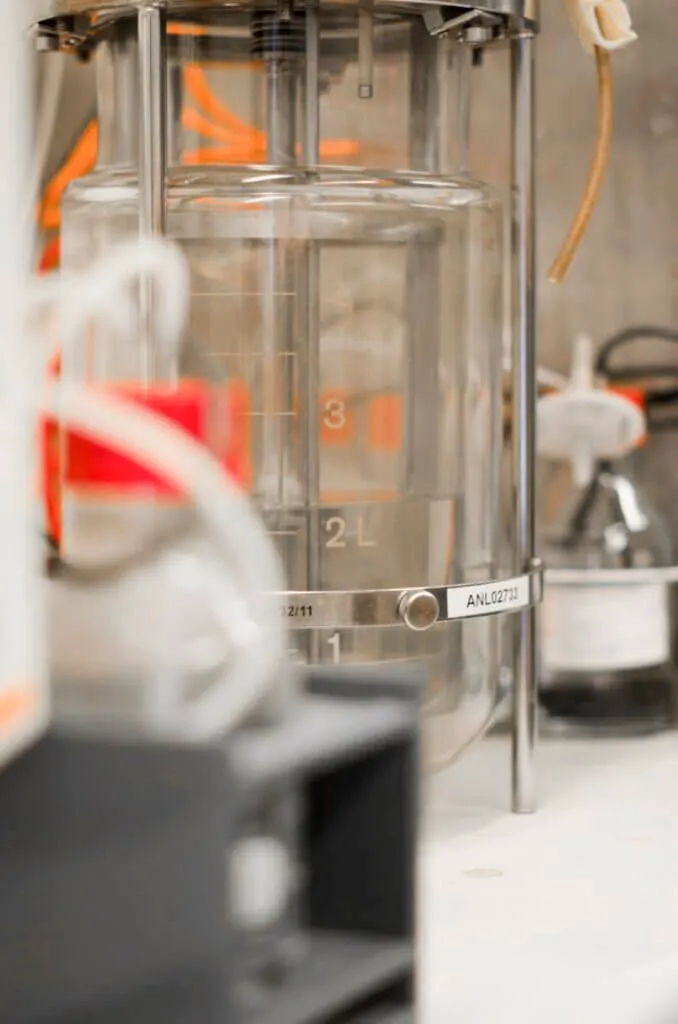Can alcohol-free beer ever taste as good as a genuine brew? Yes, finally, thanks to genetic tinkering
Can alcohol-free beer ever taste as good as a genuine brew? Yes, finally, thanks to genetic tinkering


Finally, researchers have found a way to brew non-alcoholic beer that tastes just like regular beer. Even more, the method is far more sustainable than the existing brewing techniques. “It’s a game changer for non-alcoholic beer,” states researcher behind the new method.
Even though sales of non-alcoholic beer have risen substantially in Denmark and Europe in the last couple of years, there are still many people that won’t follow the healthy trend because they find the taste not to be quite as good as that of regular beers.
Some people find the taste to be flat and watery and this has a natural explanation, according to Sotirios Kampranis, a Professor at the University of Copenhagen.
“What non-alcoholic beer lacks is the aroma from hops. When you remove the alcohol from the beer, for example by heating it up, you also kill the aroma that comes from hops. Other methods for making alcohol-free beer by minimizing fermentation also lead to poor aroma because alcohol is needed for hops to pass their unique flavor to the beer,” he says.
But now, Kampranis and his colleague Simon Dusséaux – both founders of the biotech company EvodiaBio – have cracked the code of how to make non-alcoholic beer that is full of hop aroma.
“After years of research, we have found a way to produce a group of small molecules called monoterpenoids, which provide the hoppy-flavor, and then add them to the beer at the end of the brewing process to give it back its lost flavor. No one has been able to do this before, so it’s a game changer for non-alcoholic beer,” says Sotirios Kampranis.
Instead of adding expensive aroma hops in the brewing tank, just to “throw away” their flavor at the end of the process, the researchers have turned baker’s yeast cells into micro-factories that can be grown in fermenters and release the aroma of hops, they state in a newly published article, built on a previous study.
“When the hop aroma molecules are released from yeast, we collect them and put them into the beer, giving back the taste of regular beer that so many of us know and love. It actually makes the use of aroma hops in brewing redundant, because we only need the molecules passing on the scent and flavor and not the actual hops,” explains Sotirios Kampranis.

A lot more sustainable
On top of improving the taste of non-alcoholic beer, the method is also far more sustainable than the existing techniques, according to the researchers.
First of all, aroma hops are mainly farmed in the west coast of the U.S., which causes the need for extensive transportation and cooling down the crops in refrigerators.
Secondly, hops demand lots of water – more accurately you need 2,7 tons of water to grow one kilogram of hops. This combined makes it a not very climate-friendly production.
“With our method, we skip aroma hops altogether and thereby also the water and the transportation. This means that one kilogram of hops aroma can be produced with more than 10.000 times less water and more than 100 times less CO2,” says Sotirios Kampranis.

Good news for society
The researchers are pleased to be able to contribute to a much healthier lifestyle and hope that their new invention will help more people cut down on alcohol because now they will have equally delicious alternatives.
“Long term, we hope to change the brewing industry with our method – also the production of regular beer, where the use of aroma hops is also very wasteful,” concludes Sotirios Kampranis.
The method is already being tested in breweries in Denmark and the plan is to have the technique ready for the entire brewing industry in October 2022.
Read the original post here.

 | Videos | More... |

Video: Nuclear energy will destroy us? Global warming is an existential threat? Chemicals are massacring bees? Donate to the Green Industrial Complex!
 | Bees & Pollinators | More... |

GLP podcast: Science journalism is a mess. Here’s how to fix it

Mosquito massacre: Can we safely tackle malaria with a CRISPR gene drive?

Are we facing an ‘Insect Apocalypse’ caused by ‘intensive, industrial’ farming and agricultural chemicals? The media say yes; Science says ‘no’
 | Infographics | More... |

Infographic: Global regulatory and health research agencies on whether glyphosate causes cancer
 | GMO FAQs | More... |

Why is there controversy over GMO foods but not GMO drugs?

How are GMOs labeled around the world?

How does genetic engineering differ from conventional breeding?
 | GLP Profiles | More... |

Alex Jones: Right-wing conspiracy theorist stokes fear of GMOs, pesticides to sell ‘health supplements’




 Viewpoint — Fact checking MAHA mythmakers: How wellness influencers and RFK, Jr. undermine American science and health
Viewpoint — Fact checking MAHA mythmakers: How wellness influencers and RFK, Jr. undermine American science and health Viewpoint: Video — Big Solar is gobbling up productive agricultural land and hurting farmers yet providing little energy or sustainabilty gains
Viewpoint: Video — Big Solar is gobbling up productive agricultural land and hurting farmers yet providing little energy or sustainabilty gains Trust issues: What happens when therapists use ChatGPT?
Trust issues: What happens when therapists use ChatGPT? Fighting deforestation with CO2: Biotechnology breakthrough creates sustainable palm oil alternative for cosmetics
Fighting deforestation with CO2: Biotechnology breakthrough creates sustainable palm oil alternative for cosmetics California, Washington, Oregon forge immunization alliance to safeguard vaccine access against federal undermining
California, Washington, Oregon forge immunization alliance to safeguard vaccine access against federal undermining 30-year-old tomato line shows genetic resistance to devastating virus
30-year-old tomato line shows genetic resistance to devastating virus The free-range chicken dilemma: Better for birds, but with substantial costs
The free-range chicken dilemma: Better for birds, but with substantial costs ‘You have to treat the brain first’: Rethinking chronic pain with Sanjay Gupta
‘You have to treat the brain first’: Rethinking chronic pain with Sanjay Gupta
